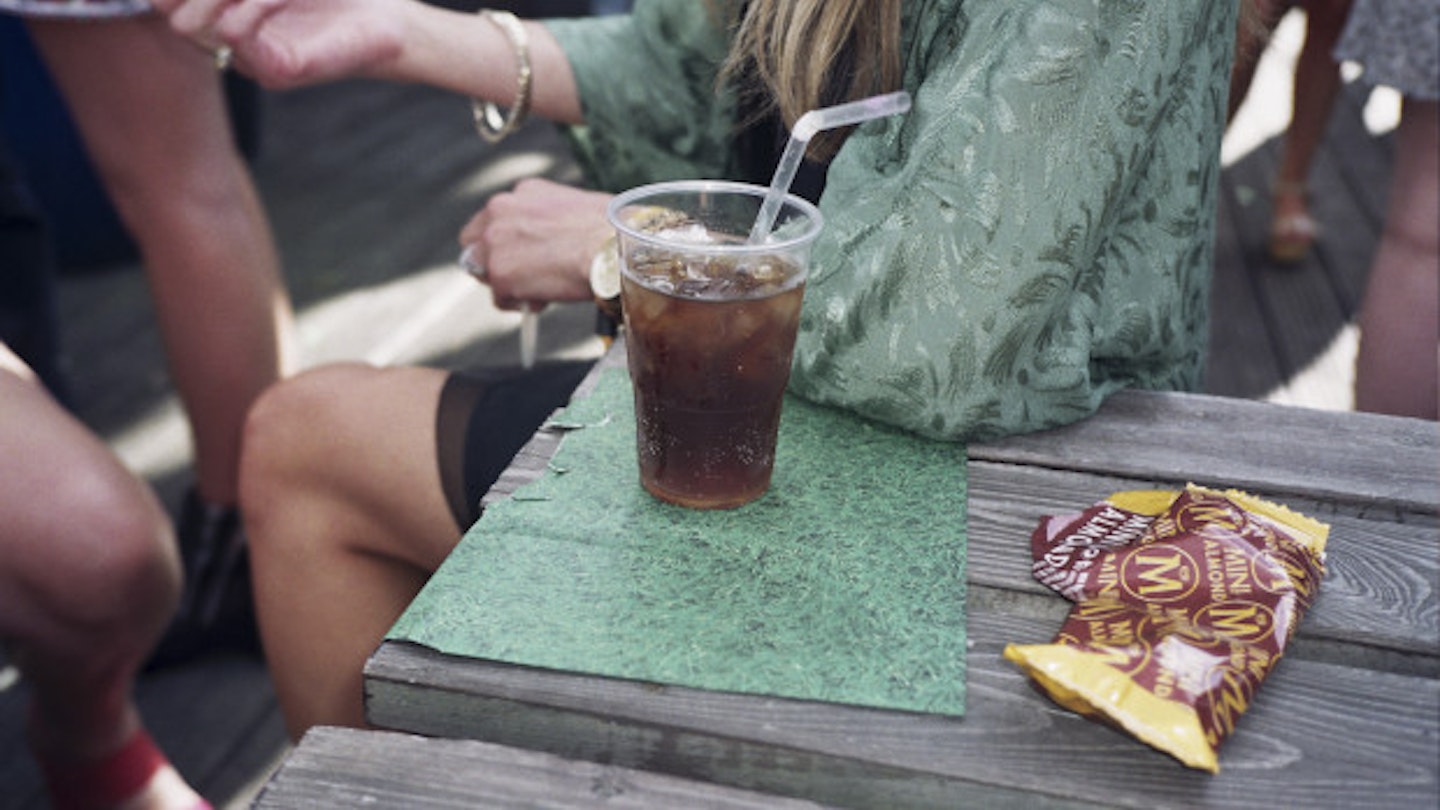This week, in the latest installment of News a 15-Year-Old Could Have Predicted, we learnt that people who drink more have a higher social status. Researchers at Canada's Centre for Addiction and Mental Health found that young adults who get merry on a regular basis are likely to be more respected by their peers, especially if they can drink them under a table.
With the notable exceptions of the Dalai Lama and probably the Queen, this tallies with pretty much all the old clichés about working hard and playing hard being the path to success. Forget Arianna Huffington’s Third Metric, forget all the chat about mindfulness and wellbeing – turns out that all along, the best way to win friends and influence people has just been going out on the lash.
It makes sense. After a stressful week or a meeting from hell, rounding up your colleagues with a rallying cry of 'TO THE PUB!' is one of the easiest ways to establish friendship. Several bottles later, when your inhibitions have gone out the window, it’s hard not to think fondly of the person slurring 'I lovvve you anyou make the best tea, naw you reeeeally do hic shall we get chips?' into your shoulder. And if you’ve carried your boss to ataxi, it’s not such a leap for them to imagine you carrying that big project on your own too, right?
But this gets a bit harder, of course, if you don’t drink. Which I didn’t for three years, and barely do now.
Once a pretty average student with a pretty average vodka habit, my tolerance took a nosedive after graduating and suddenly I found myself the victim of disproportionately hideous hangovers. Two beers could render me a shivering, retching mess for most of the next day. One large glass of wine and I’d have to cancel all plans and take to my bed like a Victorian aunt. 'I HAVE LIVER DISEASE!!' I told the doctor. 'You don’t, piss off!' the doctor said back. And so, having run out of remedies, in the prime of my youth, I gave up booze completely.
Being teetotal is hard, but being teetotal when you’re 22 and in your first proper job is basically akin to rocking up wearing an Amish bonnet and clutching a note from your mum
Sadly giving up drinking coincided with my joining the world of work. And the world of work, I quickly discovered, likes a drink. Being teetotal is hard, but being teetotal when you’re 22 and in your first proper job is basically akin to rocking up wearing an Amish bonnet and clutching a note from your mum.
There’s only so long you can coyly turn down drinks hoping people will think you’re either a) a recovering alcoholic or b) secretly pregnant, before everyone discovers the truth is just c) you just can’t hold your liquor. And for the record, when it comes to making the right impression in a boozy office both a) and b) are a piece of cake compared to c) (I’ve tried to push cake as an alternative to the pub – 'lemon drizzle with a cheeky Battenberg chaser, anyone?' – but to no avail).
Maybe working in a relatively young, London-based media office made it worse than if I’d been, say, a rural librarian, but every day seemed to bring with it a fresh excuse for drinking – and a new demand for me to sheepishly explain my ‘condition’ again. 'Er, that’s just called a hangover. HAR HAR HAR HAR,' was a standard response from colleagues, while at the Christmas party they’d take it in turns to come up and yell 'I CAN’T BELIEVE YOU’RE SOBER!!' in my face. After several months my boss asked if I’d considered, 'drinking through the wall' and suggested I take a week off to try it.
Socialising aside, shunning booze can stunt your career progression too – just like Rachel in Friends and her brief dalliance with cigarettes, those after-work Aperol Spritzes with the boss can turn into an unofficial interview. My friend Amy, 24, found she repeatedly missed out on opportunities in her last job by not being a big drinker. 'They would all go to the pub and bandy about ideas, and I’d end up sneaking off after one Coke because I felt awkward,' she says. 'The people who were always up for a big night ultimately earned more respect. If you’d rather just go home and watch TV, it’s somehow assumed you’re not as strong in a professional sense – it’s bullshit.'
I still want to believe there can be value in being ‘the sober one’, particularly when there are lost wallets to be found and lost dignity to be recovered– after all, being the hilarious drunk can so easily tip over into being the mess who snogs the intern and sicks up in the CEO’s lap. But even if you’re prepared to stay out, sober, until the bitter end of the night, everyone still finds it hard to shake the idea that you’re quietly, smugly judging them.
'I wish I were like you!' I want to shout, and sometimes do. 'I want to stay up all night and do the Oops Upside Your Head dance on the boardroom table! I want to come for a fry-up the next day because of hangover, not greed!' That kind of camaraderie is hard to fake. But then, so is a clear head in a client presentation. Here’s hoping the latter still counts for something.
Follow Lauren on Twitter @laurenbravo
Picture: Anna Jay
This article originally appeared on The Debrief.
